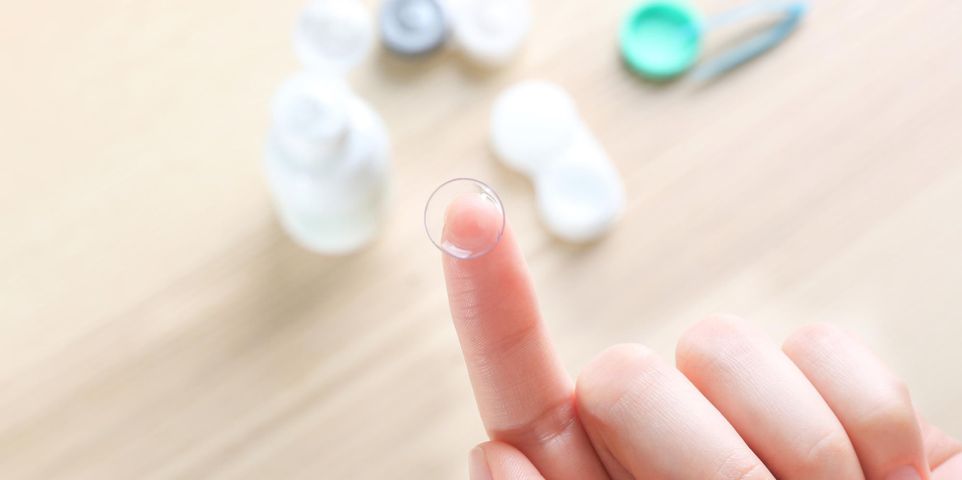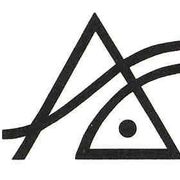
Contact lenses are a widely popular vision solution because they correct many eye conditions, are easier than ever to care for, and are affordable. If you’ve been considering making the switch to contacts, learning more about how they work can help you determine if they’re the right fit for your life.
A Guide to Contact Lenses
What vision conditions can they correct?
Contacts can correct the same eye conditions as glasses, including near-sightedness, far-sightedness, astigmatism, and presbyopia. Your optometrist can even prescribe tinted lenses to change your eye color.
An eye exam will identify your vision needs, as well as your eye size and concavity. Never borrow contacts from another person, even if they have the same prescription.
How do I use and care for contacts?
Different kinds of contacts require different care practices. Discuss with your optometrist what type of contact will complement your lifestyle best.
Disposable, one-time-use  contacts require no cleaning or maintenance and are ideal for traveling or for kids and teenagers. Soft lenses must be removed and submerged in saline solution each night to remove any dust or buildup.
contacts require no cleaning or maintenance and are ideal for traveling or for kids and teenagers. Soft lenses must be removed and submerged in saline solution each night to remove any dust or buildup.
Hard, extended-wear lenses allow oxygen penetration and can often be worn continuously for seven to 30 days, depending on the manufacturer’s recommendation, before being discarded.
How much do contacts cost?
Costs vary by type and brand, but generally, one-time-use contacts are the most expensive. Keep in mind that reusable contacts will also require saline solution and cases, which should be replaced every few months.
The overall cost of contacts depends on their replacement intervals. How often you need new contacts can vary widely by manufacturer. Never keep lenses past their recommended usage times, even if they look wearable. Immediately discard any lens that shows signs of wear, as this could cause serious eye irritations.
What are the benefits of contact lenses?
Contacts don’t create glares or fog up with humidity and moisture. They’re also much harder to scratch or get dirty. Some people can get headaches from ill-fitting frames and prefer the natural feel of contacts.
For most people, contacts are a matter of visual preference—they like how they look better without glasses. If you’re involved in physical activities or an active profession, however, glasses can become slippery, bothersome, or even dangerous.
If you’re ready to give contact lenses a try, trust the team of optometrists at Alexander Eye Associates & Optical in Rochester, NY. They will guide you through every step of the process and find the perfect solution for your lifestyle and goals. They offer eye exams, contact lenses, eyeglasses, glaucoma testing, and pre- and post-operative care. Visit their website for more information or schedule a consultation by calling (585) 325-3070.
About the Business
Have a question? Ask the experts!
Send your question

